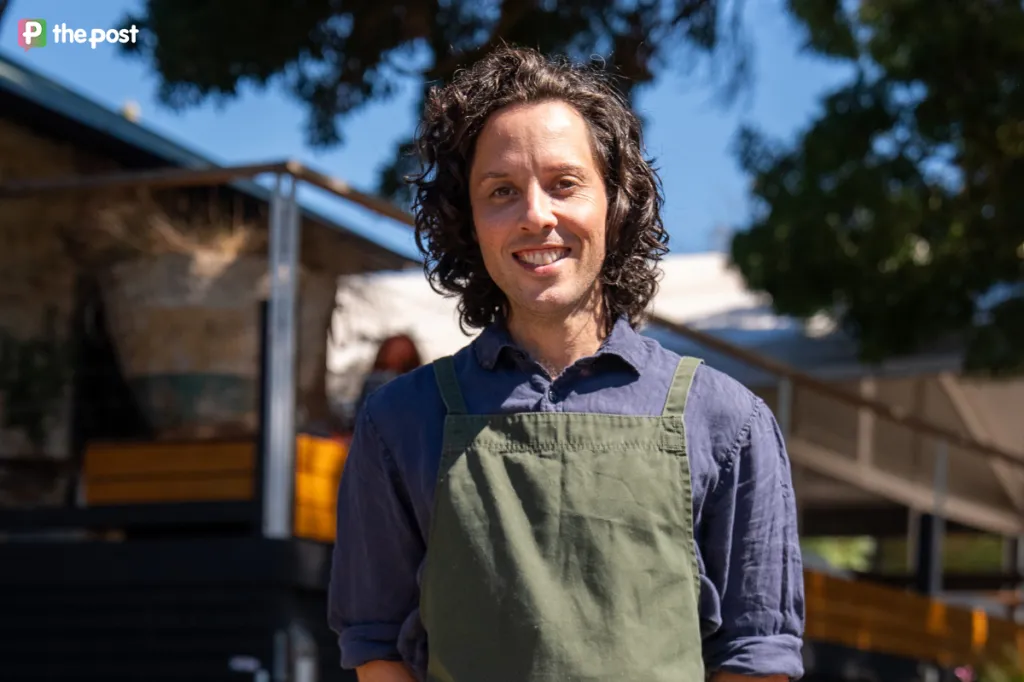Supermarkets’ sour treat, as shrinkflation hits Easter
Some of our favourite chocolate treats are getting smaller but no cheaper, as shrinkflation deals a sour Easter blow.
Consumer group Choice said choccie favourites from Cadbury, Nestle and Aldi were among those that had decreased in size this year – as their prices remained the same or increased.
Choice said on Thursday the change meant Australians were paying up to 33 per cent more for every 100 grams of chocolate.
Brands and industry experts have blamed the changes on soaring cocoa prices, which reached record highs in the past year and are still volatile.
In examples found by Choice, two Easter treats from chocolate giant Cadbury have recently been replaced with smaller versions, with prices increasing or remaining the same.
“Last March, retailers were selling a 24-pack of Cadbury Dairy Milk hollow chocolate eggs designed for Easter hunts with a recommended retail price of $12.50,” Choice said.
You might like
“But anyone buying the same product this year expecting to get the same number of eggs will be left hunting around for a missing two.”
Last year’s Easter’s box has been replaced with a version with only 22 eggs. It’s also 34 grams lighter than the 2024 version.
“An RRP hike to $15 also leaves consumers paying 31 per cent more per 100 grams of chocolate,” Choice said.

Source: Choice
It also singled out Cadbury’s 340-gram large chocolate egg, sold at major retailers for $20.
“This milk chocolate treat makes an attractive addition to any Easter spread, but it may taste a little bitter once you discover you would’ve been getting more chocolate for the same price last year,” it said.
Cadbury owner Mondelēz International confirmed to Choice that this year’s egg is 60 grams smaller than the one it sold for the same price last year.
Multinational food giant Nestle has also been snapped making Easter cutbacks.
Choice said Nestle’s KitKat-flavoured mini eggs “have become even more mini”. They’ve shrunk from 100 grams last February to 90 grams, while still selling in supermarkets at $3.99.
And German discount supermarket chain Aldi is also guilty.
“People who have bought Aldi’s Dairy Fine Milk mini eggs in the past may have noticed that these treats no longer come in the 400-gram packets that were available in last February,” Choice said.
“While the price has remained the same at $5.99, a cut in size to 300 grams means you’re now paying 33 per cent more per 100 grams to get your chocolate fix.”

Source: Choice
Nestle and Mondelez have both told Choice that prices for cocoa jumped to “unprecedented” levels in early 2024.
Aldi also blamed the rising cost of raw ingredients for its changes. The supermarket and Nestle said they had chosen to cut the size of products instead of hiking prices.
Pia Piggott, an analyst at agricultural bank Rabobank, agreed cocoa prices were likely a major cause for this latest round of shrinkflation.
She said blamed consecutive years of low cocoa supplies due to factors in the West African countries that supply much of the world’s cocoa.
“[Crop diseases] have an impact on production, but farmers also have other problems like ageing trees and adverse weather,” she says.
“But the most important thing is probably poor soil fertility management. Farmers previously weren’t getting enough money to be able to afford to apply the right amount of fertiliser to produce cocoa.”
Inflation in recent years has increasingly put supermarkets in the spotlight over shrinkflation. In late March, the Australian Competition and Consumer Commission recommended supermarkets be forced to notify consumers when a package size change makes them worse off – one of 20 recommendations in the final report of its inquiry into supermarket pricing and competition.









